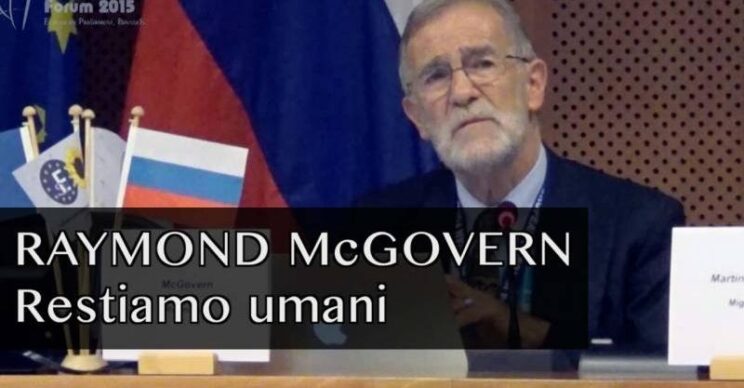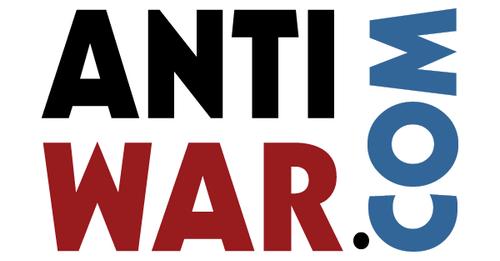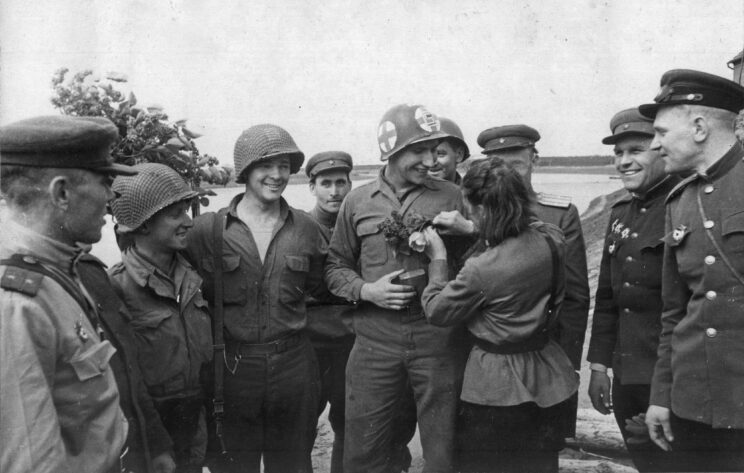Nuland’s Neocon Noodle Now Channels Madeleine Albright (“Yes, we believe killing 500,000 Iraqi children was worth it.”) politico.com/news/magazine/
Toria should click on this as she prepares her class at Columbia American Exceptionalism, an Infantile Disorder.




